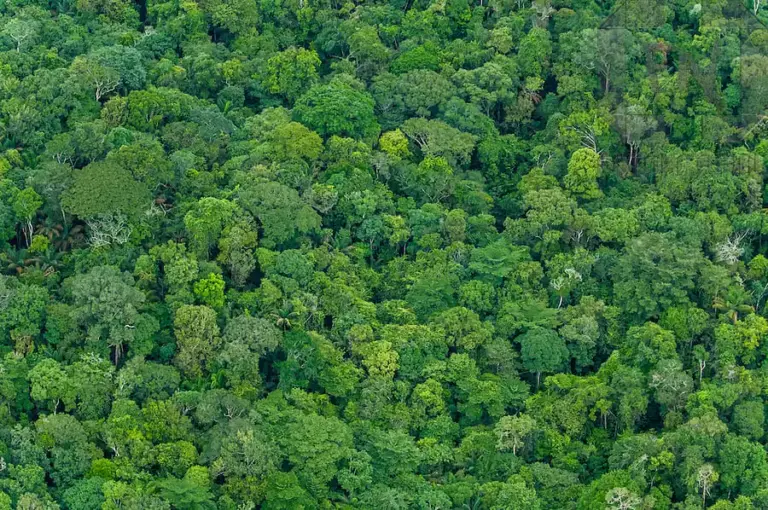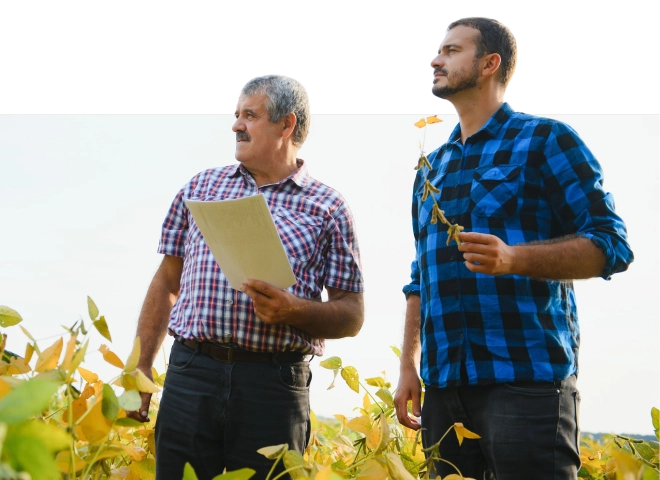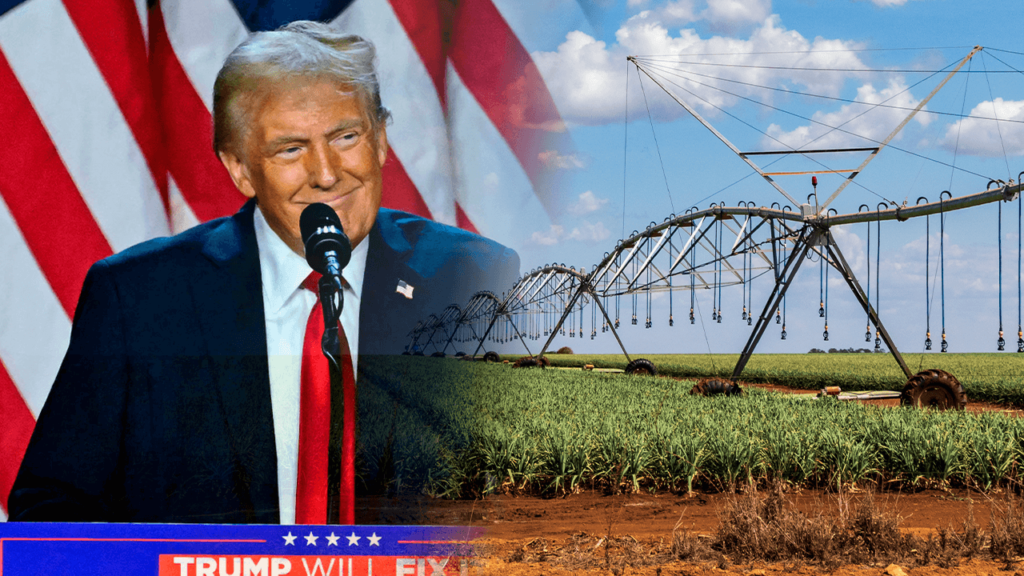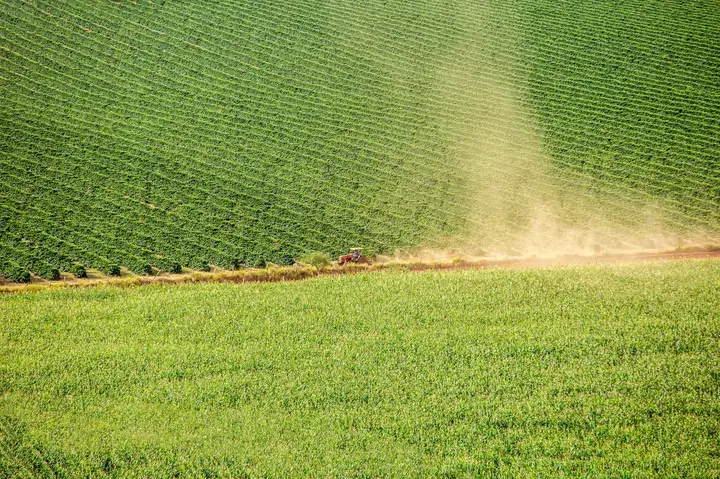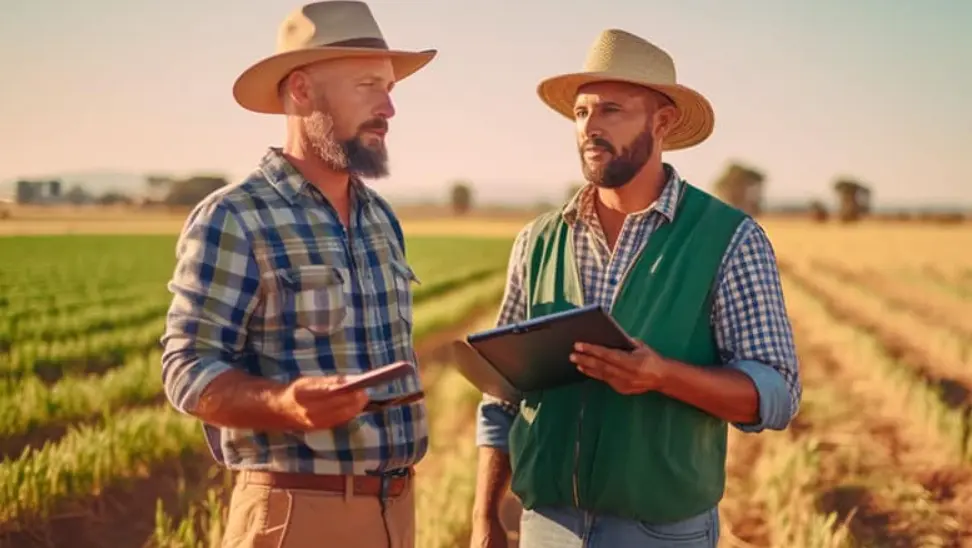The Chamber of Deputies recently approved a bill regulating the carbon market in Brazil, establishing the Brazilian Greenhouse Gas Emissions Trading System (SBCE). The text now goes for presidential approval, marking an important step towards implementing a structured system for controlling and offsetting greenhouse gas emissions.(G1)
This system sets emission limits for companies, which must reduce or offset their excess emissions by buying carbon credits. Each credit represents one ton of CO₂ equivalent that has ceased to be emitted or has been removed from the atmosphere.
The regulation of the carbon market brings Brazil into line with international practices, such as those established in the Paris Agreement, and encourages productive sectors to adopt cleaner and more sustainable technologies. In addition, the measure aims to protect the Amazon, which is essential for absorbing carbon dioxide.(Reuters)
Opportunities and Demands Generated by the New Scenario
The implementation of the carbon market creates various opportunities and demands. Sectors with high emissions, such as agribusiness, mining and heavy industry, will need to adapt to meet emission targets, either through investments in sustainable technology or the acquisition of carbon credits.
On the other hand, opportunities are emerging for rural producers, technology companies and environmental projects. The generation of carbon credits through the restoration of degraded areas, the maintenance of native forests or the implementation of regenerative agricultural practices should gain momentum. States and municipalities could also benefit by organizing local initiatives to promote projects that meet SBCE requirements, generating green jobs and developing regional economies.
The demand for consultancy, auditing and certification services is also expected to increase, as the validation of emissions and credits will be essential to guarantee the credibility and effectiveness of the carbon market.
How to Prepare for Land Use Changes
The new scenario puts land use at the center of emissions reduction strategies. Rural land now plays an even more strategic role, whether as areas for reforestation and credit generation, or as nature reserves maintained for conservation. This context not only values properties that combine productive potential and environmental sustainability, but also opens the door to transactions with a major economic impact.
For Landowners: Turning Assets into Economic Potential
Landowners have a unique opportunity to add value to their properties by taking advantage of the carbon market as a catalyst for more attractive negotiations. Areas that retain native vegetation or have potential for reforestation projects can be seen as high-value assets in the regulated market.
However, transactions of this kind require in-depth knowledge of market dynamics and environmental demands. Relying on a partner specialized in large-scale negotiations is key to structuring safe and successful operations, aligning environmental and economic interests.
For Buyers and Investors: Identifying Strategic Areas
Companies and investors looking for properties suitable for sustainability projects need to go beyond location and consider the land’s potential to generate financial returns on the carbon market.
Identifying ideal properties for reforestation, preservation or other initiatives linked to the carbon market requires technical expertise and access to exclusive opportunities. Partnerships with specialists in large rural transactions are essential for navigating this market, ensuring well-structured and legally secure operations.
The entry into the carbon market promises to transform the relationship with land assets. Whether landowners are looking to monetize the sustainable potential of their land or investors are interested in projects with a high environmental and economic impact, the advice of specialized professionals is the foundation for seizing the opportunities of this new context.
Did you like the content? Read also this text on How to Calculate the Value of a Rural Property!
